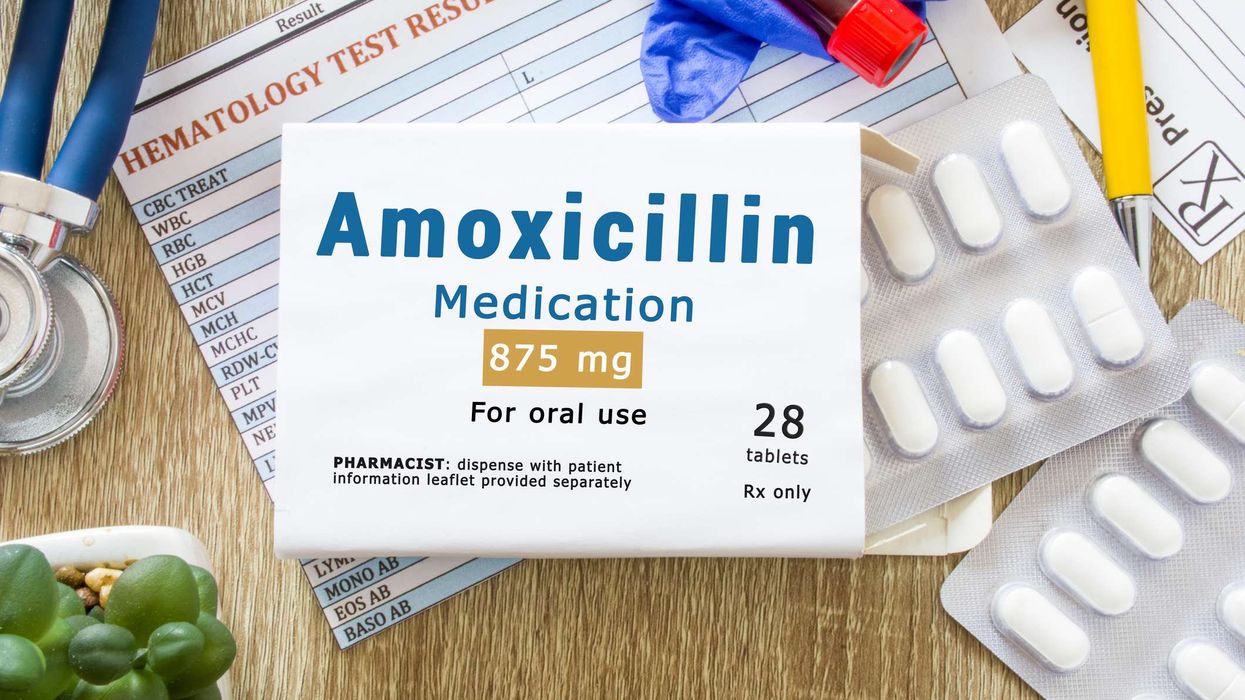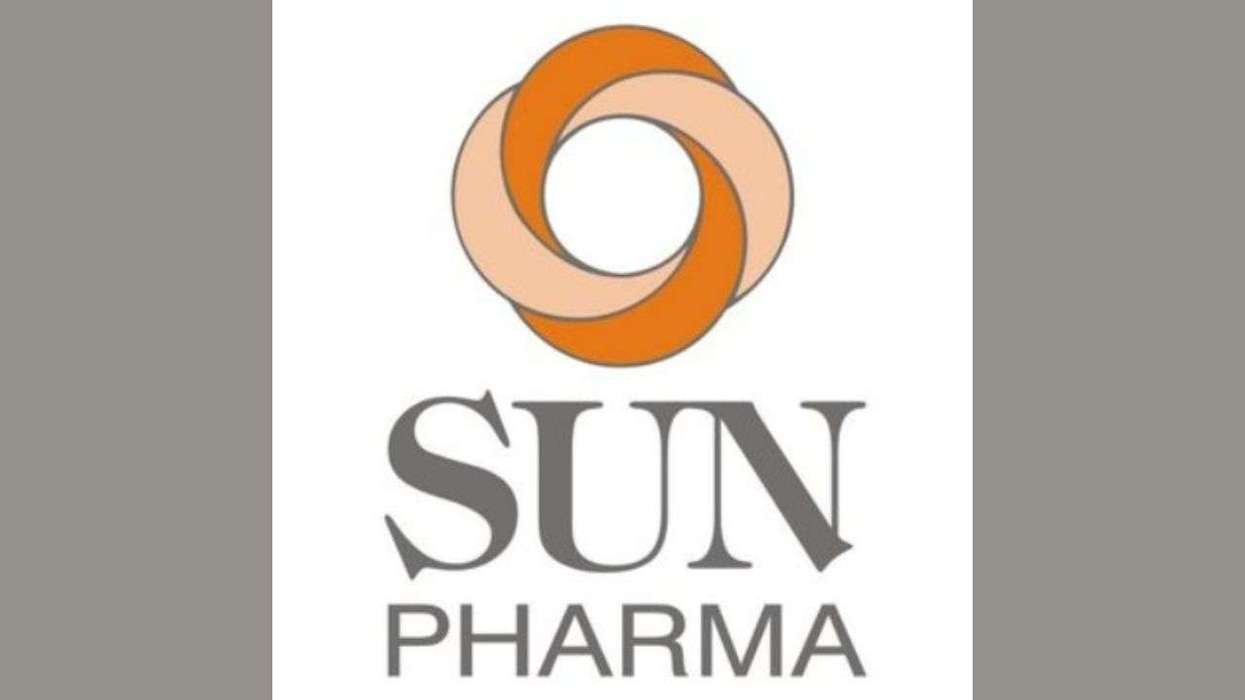Key Summary
- Between 2020 and 2024, the average price of the top 10 off-patent antibiotics dropped by 10 percent, despite sharp increases in production costs and inflation
- The national pricing systems imposed by respective governments prevent manufacturers from increasing prices
- Such an unsustainable environment is driving suppliers out of the market and putting patients' access to medicines at risk
European countries are facing shortages of key antibiotics, such as amoxicillin and azithromycin, because of a host of factors, including rising production costs and controlled prices, according to a study.
The study, conducted by research agency New Angle in 16 countries, was sponsored by a global healthcare company Viatris Inc.
Between 2020 and 2024, the average price of the top 10 off-patent antibiotics dropped by 10 percent, despite sharp increases in production costs and inflation.
The national pricing systems imposed by respective governments prevent manufacturers from increasing prices even when facing steep cost increases.
This limits patient access to essential medicines in Europe and affects overall public health.
Therefore, the study calls for reforms to national pricing and procurement systems to secure patient access to medicines.
The study, titled "Securing access, improving lives. Strengthening patients' access to off-patent medicines in Europe", found that production costs rose sharply - including a 31.6 percent rise in industrial prices, 25.7 percent in labour, energy spikes, and increased costs for key materials.
Coupled with declining medicine prices, they have created an unsustainable environment that is driving suppliers out of the market and putting patients' access to medicines at risk.
Amoxicillin alone saw a nearly 19 percent price drop and was among the most affected by widespread shortages reported across key antibiotics in mid-2025.
This unsustainable gap is driving market exits, further limiting access to essential medicines for patients, it said.
The data underscores the urgent need for national price system reforms to protect access to these critical medicines, which are foundational to public health and patient care.
The study was conducted in Austria, Belgium, Croatia, Estonia, Finland, Germany, Hungary, Ireland, Italy, Norway, Poland, Portugal, Spain, Sweden, Switzerland and the United Kingdom.
These countries represent a diverse cross-section of healthcare systems and market conditions across Europe.
New Angle researcher Margarida Bajanca said, “Off-patent antibiotics serve as an essential foundation of healthcare-enabling the routine treatment of infections and forming the established standard for surgical prophylaxis. Our study shows that while prices continue to fall, as a direct result of pricing and procurement rules, the costs of making these medicines are rising sharply, threatening their long-term viability and availability."
Viatris head of Europe and Canada Artur Cwiok said, “Securing patient access to medicines requires strong and sustainable market policies that reflect the therapeutic value of off-patent medicines, fostering access and supply security for all European patients.”
He pointed out that the price of a course of antibiotics "would cost less than a cup of coffee in some European countries" and urged policymakers, payers, healthcare professionals and industry leaders to work together to implement reforms that prioritise patient access and supply resilience.
Medicines UK chief executive Mark Samuels said, “This European study is a timely reminder that securing supplies of critical medicines is a matter of resilience, not just cost. The UK is part of a wider European and global supply chain, and with the lowest generic prices in Europe, we are especially exposed.
Indeed, this report sets out that for the top 10 most used off-patent antibiotics, prices are 10 percent lower in 2024 than in 2020. This is at the same time as general inflation having gone up by 23% and producer costs having increased by 32%. As taxpayers, this value for money is to be welcomed. But for these drugs that society so relies upon, is it sustainable and will supply chains stand up if we face another emergency following Covid?"
Samuels welcomed the Department of Health and Social Care’s August 2025 strategy. "But more must collectively be done by the government, the NHS, and suppliers. Pricing, reimbursement, and procurement systems must value resilience over cost containment, ensuring suppliers have the margin to invest in secure supply chains," he added.












